The Truth: Sometimes Babies Get Dropped
We have a secret…
It’s a bit of a dirty, little secret, in the sense that no one wants to talk about it. Shrouded in shame, embarrassment, and denial, keeping this secret can often do more harm than good. Remember how your parents used to say, “honesty is the best policy”? Well, in honor of Baby Safety Month, we’re going to be very honest, and tell you something no one else will….
You might drop your baby!
It happens more than you’d think.
“Not me”, you may be thinking… but, since awareness equals prevention, then we hope you’ll keep reading.
Research vs Reality
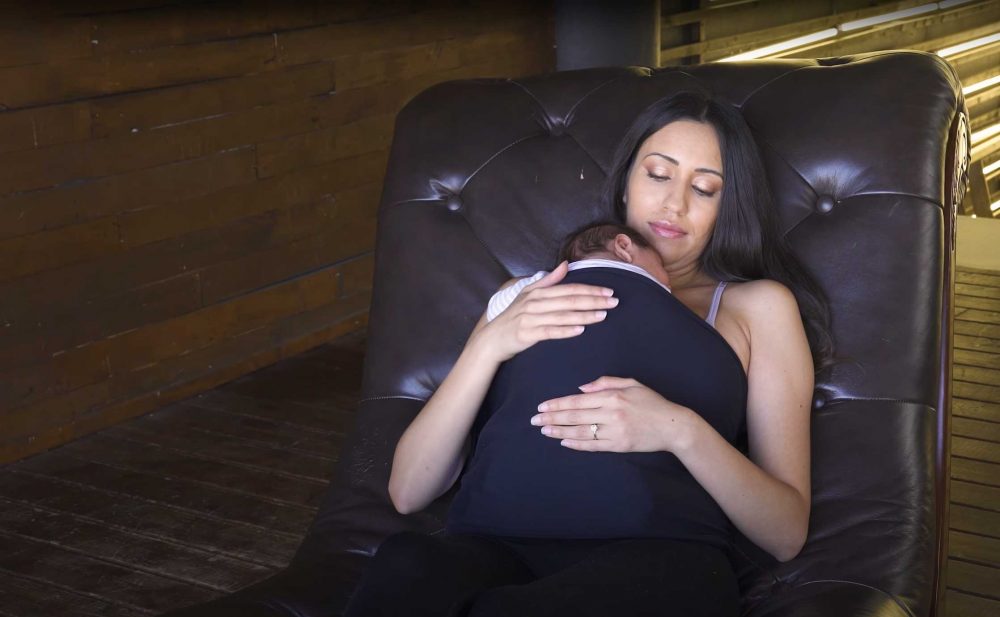
Before a baby is born, most new parents do some research. We take prenatal courses, maybe hire a doula or midwife, or absorb article after article on the internet. We read about newborn sleep, what products are best, and learn about breastfeeding and skin-to-skin. When it comes to the latter two, by the time baby is born, we are well versed on the benefits – less crying, as it calms and relaxes both mom and baby, helps baby adapt to life outside the room, regulates baby’s breathing and temperature, enhances bonding, and provides protection against infection. In fact, even during a pandemic where the distance between people mitigates spread, the WHO still recommends skin-to-skin for newborns. No matter what your beliefs or choices regarding newborn care may be, the benefits of keeping parents and their newborn together, are indisputable.
But here’s the thing – New parents are encouraged to minimize separation with their newborn, without regard for any exhaustion, medication, or discomfort a new parent may be experiencing. As a result, babies are falling, at an estimated rate of 1 in ~667 births – alarmingly, this number applies to in-hospital falls, a place where both mom and newborn are monitored regularly and are rarely alone – we don’t know what the occurrence rate at home is, simply, because no one wants to talk about it. What makes this number even more uncomfortable? Many of those infant falls result in a skull fracture, or worse.
What is a Newborn Fall?
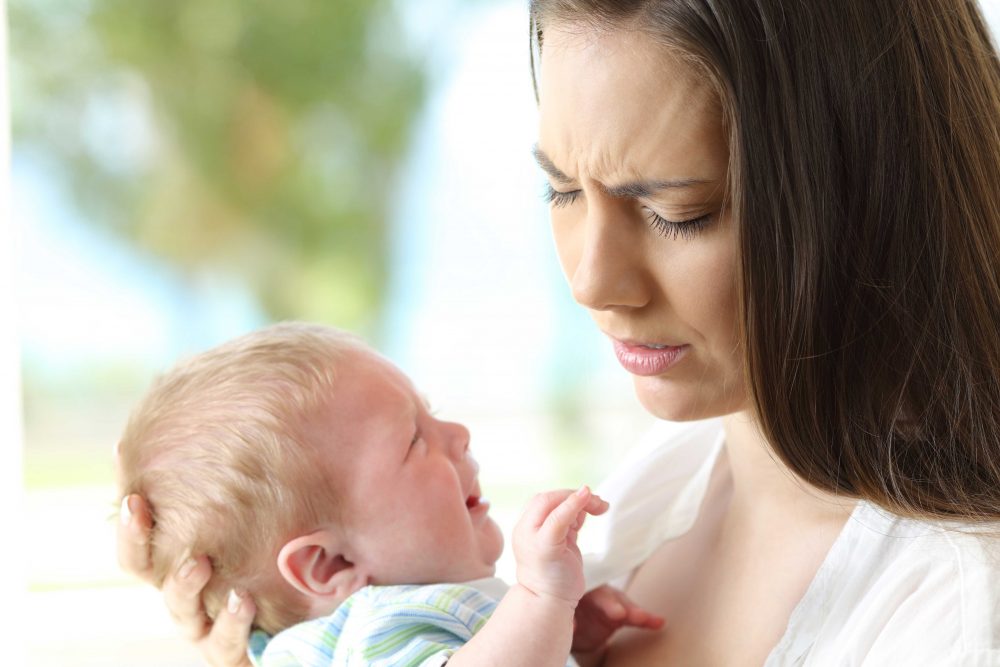
It’s important to understand what defines a newborn fall. It could mean dropping from a parents’ arms onto the bed, sliding down the chest into a dangerous position, or of course, hitting the floor. All of these scenarios can result in injury and the feelings of guilt that the caregiver feels never quite go away.
“When my daughter was born, the only place she was happy seemed to be on my chest. I get it – she could hear the familiar sound of my heartbeat, feel my warmth, and smell me – I was her place of comfort,” says Hayley Mullins, Inventor of the RooLoop (for families to prevent infant falls and do safe skin-to-skin) and Joeyband (for hospitals). “One morning, two weeks to the day she was born, she was asleep on me. I took my hands off of her for a split second, and she startled and fell to the floor. I will never forget the sound, nor the fear that overwhelmed me. We went to the hospital, thinking, ‘they’re going to take our daughter away from us’, and the doctor said, ‘it happens all the time.’”
Let’s Encourage Dialogue
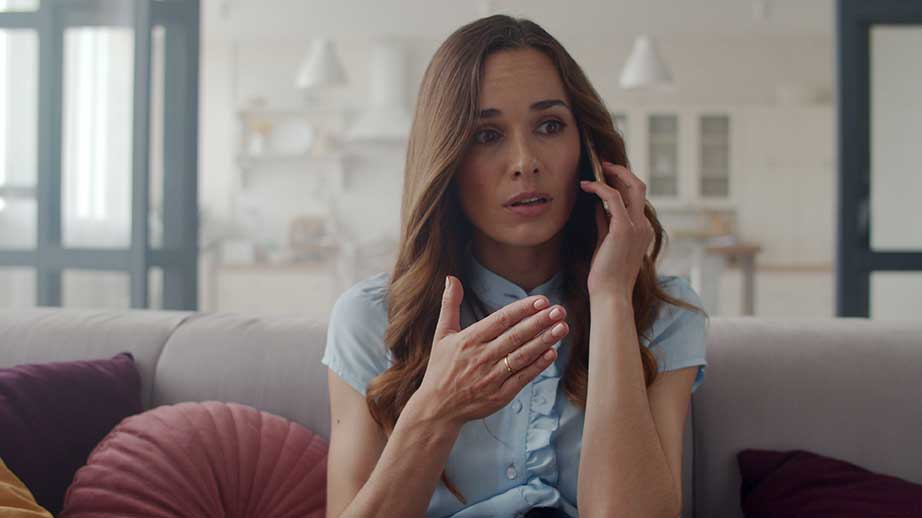
So – why aren’t we talking about it more?
Why don’t prenatal educators talk to parents about the possibility of dropping their baby?
Actress Eva Amurri took a brave step in 2017, sharing the story of her son’s infant fall, which resulted in a cracked skull (him), and resulting depression (her):
![]()
A couple of days after Thanksgiving, our Night Nurse fell asleep while holding Major and dropped him, and he cracked his head on the hardwood floor,” Amurri Martino, wrote. “[Then-Husband Kyle Martino] and I were sleeping at the time and were awoken by the sound of his head hitting the floor, and then hysterical piercing screams. Added Amurri Martino, “He suffered a fractured skull and bleeding on his brain, and was transported by ambulance to Yale Medical Center where I spent two harrowing days with him to receive emergency care and further testing. To say these were the most traumatic and anxious two days of my life is an understatement.
Despite the fact that it wasn’t Amurri herself who dropped the child, the flood gates opened up for criticism and grief from the outside world. What her story told the world was, despite resources and professional help, infant falls can happen to anyone, anywhere. It was a bold stride towards erasing the stigma of falls, but the judgment is still very real. We know from the stats, however, that this isn’t something that doesn’t happen… it’s just something that no one feels comfortable talking about.
We know the benefits of skin-to-skin. We know the importance of bonding. And now, we know the risks.
Not me, you’re still thinking…. But, if awareness equals prevention, maybe just talking about it can help save someone, somewhere, from injury.

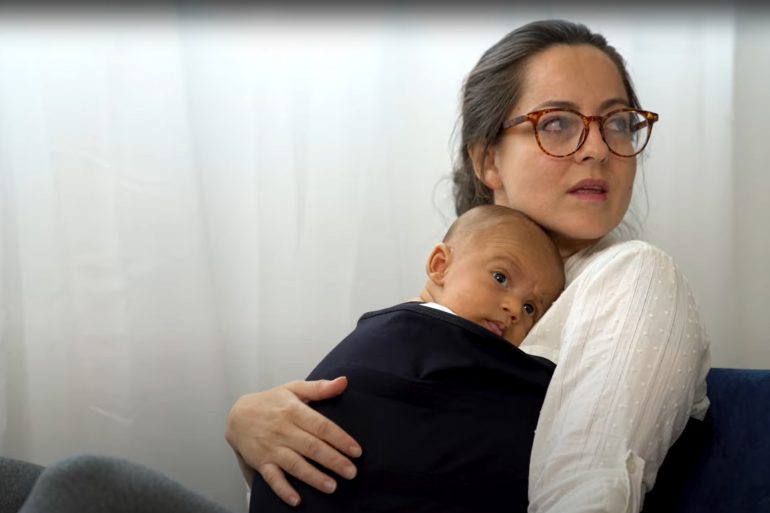

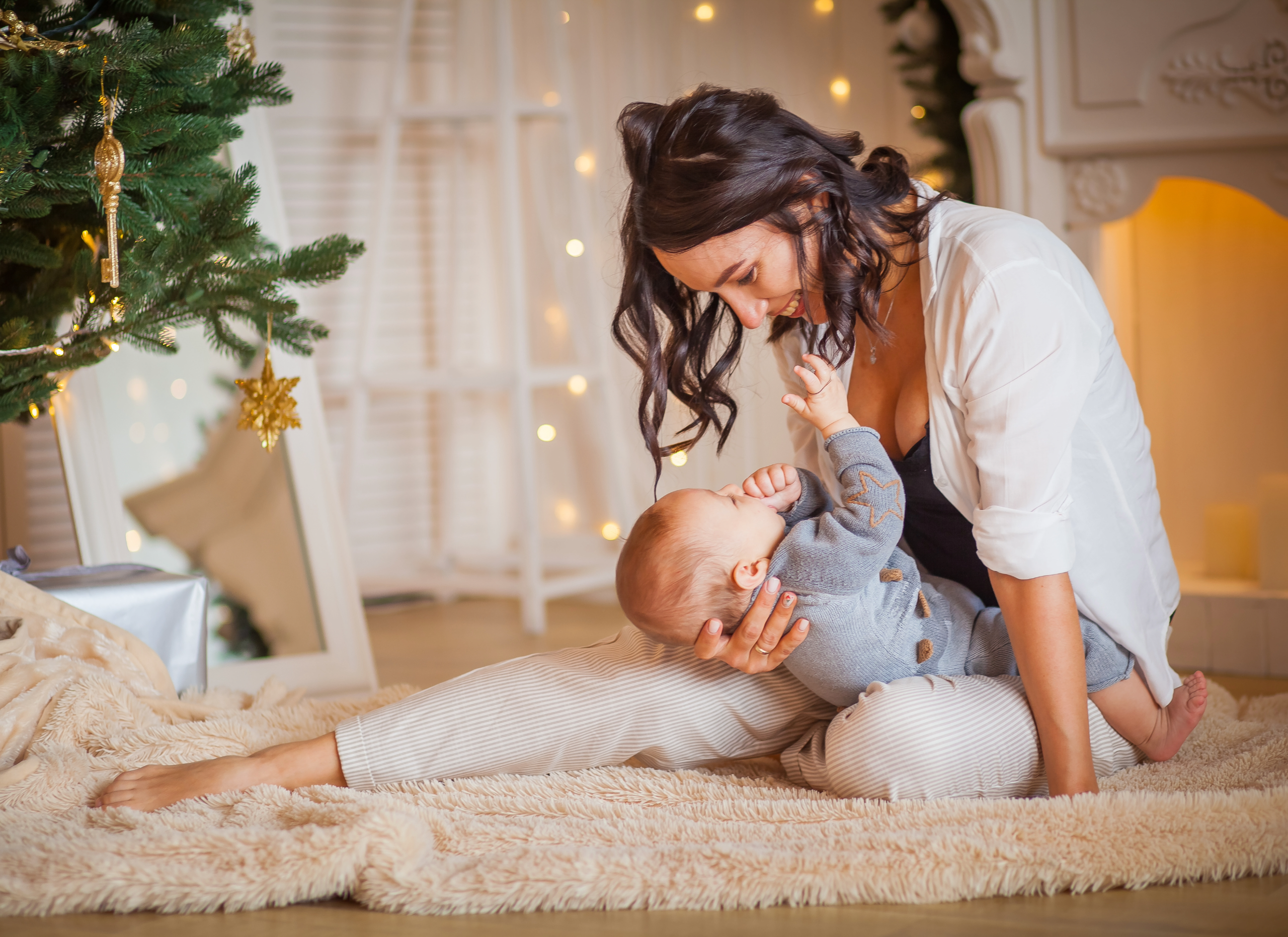
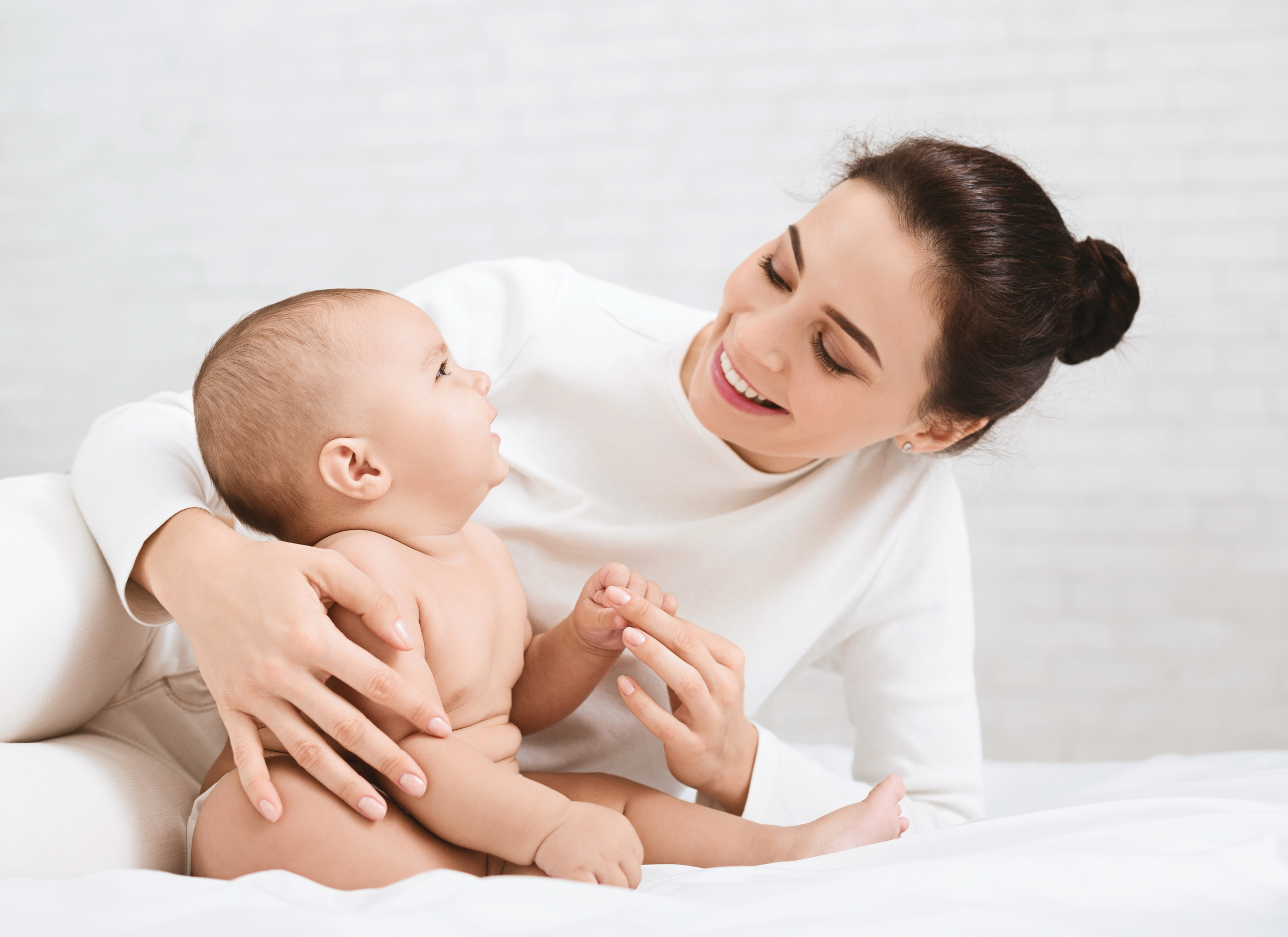
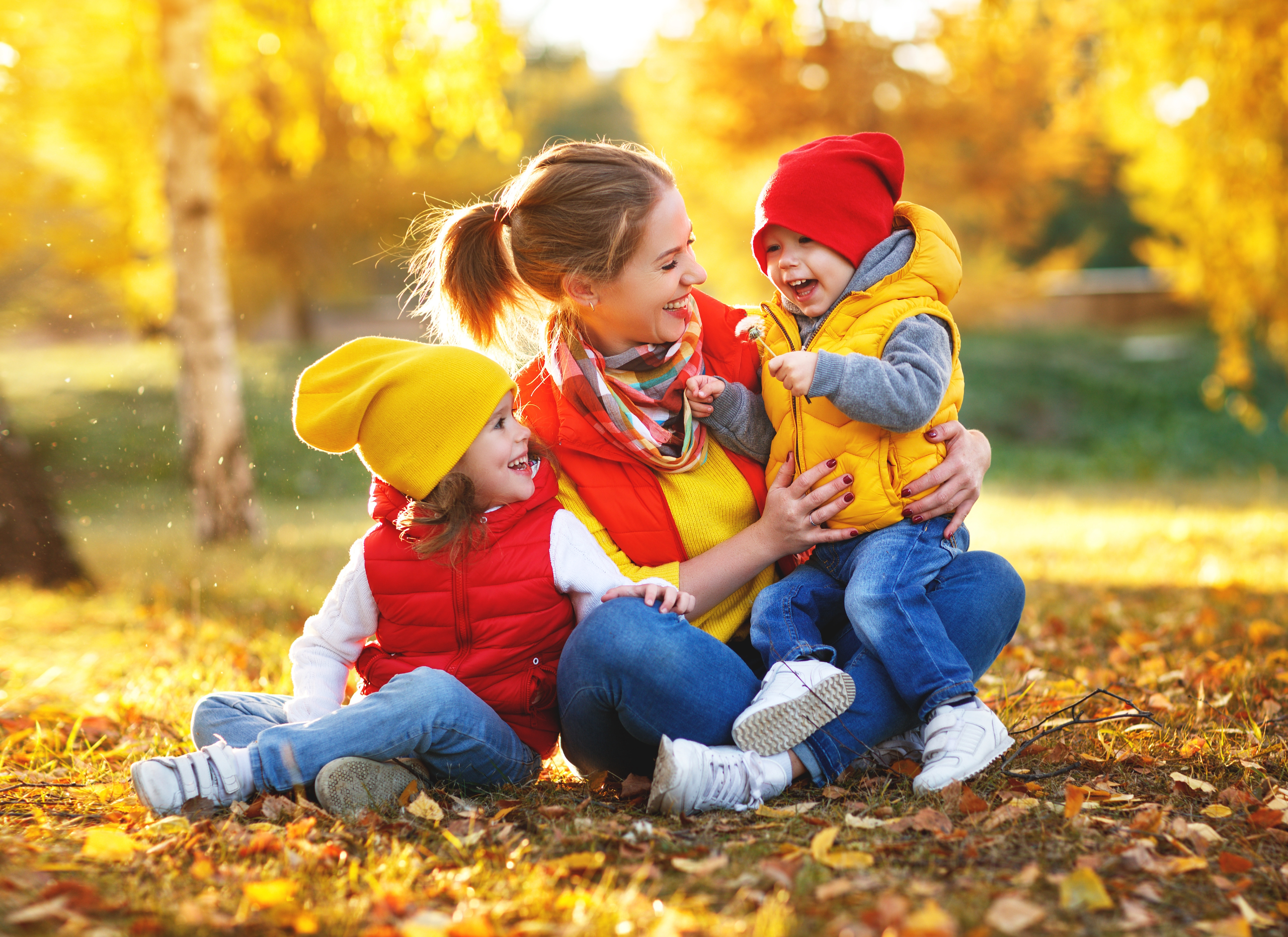
This is a good article. I do take issue with one assumption – that mother and baby are rarely alone in the hospital. I have had 9 children and after my first I have spent most of my hospital stays alone as my husband is carrying for our other children. The nurses come in briefly to take vitals to but mostly I am recovering from child birth and all that entails and carrying for the new baby solo.
Thank you for your comment Laura! That is a great point. Everyone’s hospital stay is a little different!